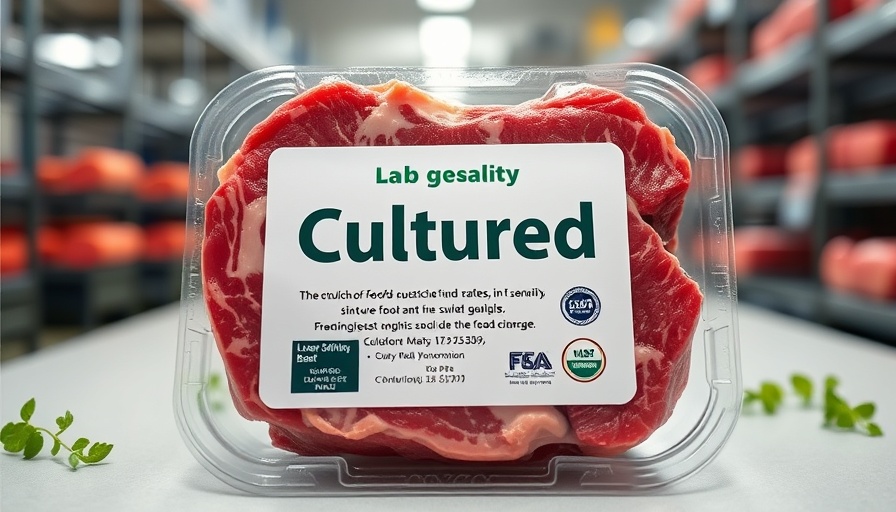
The Future of Food: Cultivated Meat and Its Health Benefits
Imagine biting into a juicy chicken breast, knowing it was created without harming any animals. This innovative vision is now becoming a reality with cultivated meat, or "clean meat," which entails growing meat from muscle cells without raising and slaughtering livestock. This transformative approach not only addresses animal welfare concerns but also significantly mitigates environmental impact.
Environmental Impact: A Win for the Planet
Cultivated meat boasts the potential to reduce greenhouse gas emissions by up to 96%, drastically lower water usage by an astounding 96%, and minimize land use by an impressive 99%. As public awareness grows about the detrimental effects of traditional meat production on our planet, this alternative offers a pathway towards sustainability without compromising our dietary preferences.
Food Safety: A Healthier Choice
The promise of cultivated meat extends beyond environmental benefits; it also brings considerable health advantages. With a sixfold increase in food poisoning over recent decades, a significant portion of these illnesses stems from contaminated meat products. Thanks to the production method of cultivated meat, which eliminates animal intestines and their associated pathogens, we face a reduced risk of foodborne illnesses such as E. coli, Salmonella, and Campylobacter. This aspect presents a compelling case for consumers who prioritize food safety.
Changing the Meat Industry: A New Perspective
While initiatives like "Meatless Mondays" aim to promote reduced meat consumption, they haven't led to significant dietary changes across populations. Hence, by changing people's perceptions about meat itself—offering a safe and humane alternative—cultivated meat may pave the way for a more beneficial food culture. It represents a crucial step towards aligning our desire for meat with a commitment to ethical and sustainable methods of food production.
Conclusion: Embracing the Change
As the cultivated meat industry continues to grow, it encourages not only healthier choices but also a shift in how we view food production and consumption. By embracing this innovation, we can take a stand for animal welfare, environmental sustainability, and personal health. Wouldn't you want to be part of this delicious evolution?
 Add Row
Add Row  Add
Add 




Write A Comment